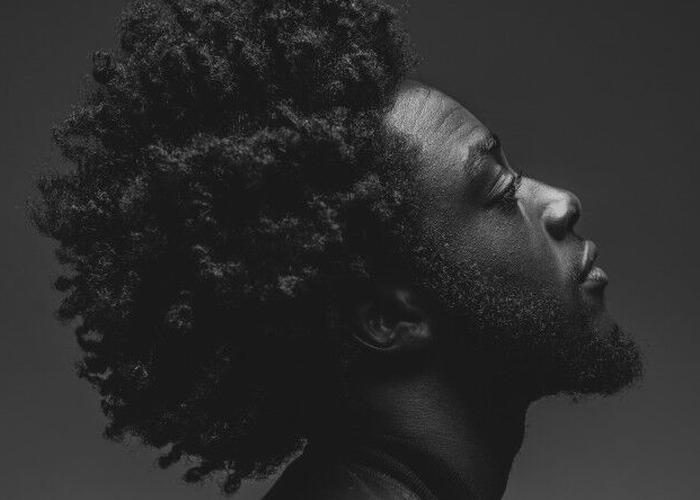“Wasiu is the hip-hop voice of Montreal.” – i-D
“The young Montreal rapper has been working steadily to make a name for himself and it looks like he’s on the right track.” – Pigeons & Planes
“Wasiu is another one to look out for this year.” – Complex
“Many rappers twice his age would be wise to take notes…” – Okayplayer
“Wasiu is pretty much the embodiment of Montreal’s cultural shift.” – Noisey
“Wasiu has exhibited a desire to creatively tackle a variety of topics, and he raps about them in a way that proves he’s a more-than-formidable emcee.” – HYPETRAK
Wasiu never felt like he truly fit in. Born and raised in Montréal, Québec, the 24-year-old has endured marginalization in nearly every aspect of his life—family, race, education, class—that has, in effect, enhanced his ability to interpret the universal themes of the world around him, and infuse them into forward-thinking narratives for the everyday huma...
Show the rest
“Wasiu is the hip-hop voice of Montreal.” – i-D
“The young Montreal rapper has been working steadily to make a name for himself and it looks like he’s on the right track.” – Pigeons & Planes
“Wasiu is another one to look out for this year.” – Complex
“Many rappers twice his age would be wise to take notes…” – Okayplayer
“Wasiu is pretty much the embodiment of Montreal’s cultural shift.” – Noisey
“Wasiu has exhibited a desire to creatively tackle a variety of topics, and he raps about them in a way that proves he’s a more-than-formidable emcee.” – HYPETRAK
Wasiu never felt like he truly fit in. Born and raised in Montréal, Québec, the 24-year-old has endured marginalization in nearly every aspect of his life—family, race, education, class—that has, in effect, enhanced his ability to interpret the universal themes of the world around him, and infuse them into forward-thinking narratives for the everyday human.
”Where I grew up made it so I’m able to understand things or view things from a lot of different perspectives,” says Wasiu, who raps with the dexterous singsong cadence of Mos Def and the cultural omniscience of Nas. “Anyone or anything that was around me, I took it and made it a part of my personality.”
For Wasiu, being a pariah has always been a constant. A child of divorce from a Nigerian Muslim father and Haitian Protestant-Christian mother, he was torn between worlds, seen by both communities as impure, and a “mixed breed”—not entirely Haitian, not quite Nigerian. Even though he’s Québecois (a Québec native), his immigrant parents tainted his claim to the province. Raised by his mother after his father moved to Toronto, he felt obliged to fit in with her side of the family. Resentments towards his father’s beliefs and culture led him to drop his father-given middle name—Wasiu—so that he wouldn’t be teased in his predominantly white school, where he battled black stereotypes by pushing his intellect past expectations.
”I wanted to fit in and didn’t want to feel like a stereotype, so I’d force myself to excel but make it seem like it was no sweat,” he says, “In a sense, I was assimilating myself to white Christian standards, and dropped my middle name to evade humiliation. That same name now is the one I use to represent myself, and it empowers my blackness due to its African origins.”
The challenges reached beyond his personal life. After penning down his own rhymes during the height of the 50 Cent and Eminem era, It wasn’t until he graduated from high school that he took rapping seriously, and soon realized the red tape strung across Québec. As a format, rap radio is almost entirely non-existent, a roadblock for any anglophone-MC, and the province itself is the only one in Canada where the laws and official language are French. “Drake is on the radio everywhere, except in Montreal” he says, “Unless it’s one of his pop records like ‘Hold On, We’re Going Home’– And if rap’s biggest star is barely spun on the two English radio channels that we have, then what are my chances?”
Overcoming adversity and using those lessons as lyrical fuel is Wasiu’s strongest suit. He is preparing his debut album which funnels his life experiences into a culturally defining opus that balances both optimistic and pessimistic perspectives on human themes. “I’m showing what people view as both the good and the bad,” he says, “and how without the bad, you can’t have the good, and so you start to appreciate the bad… for the good.”
Hide the rest















